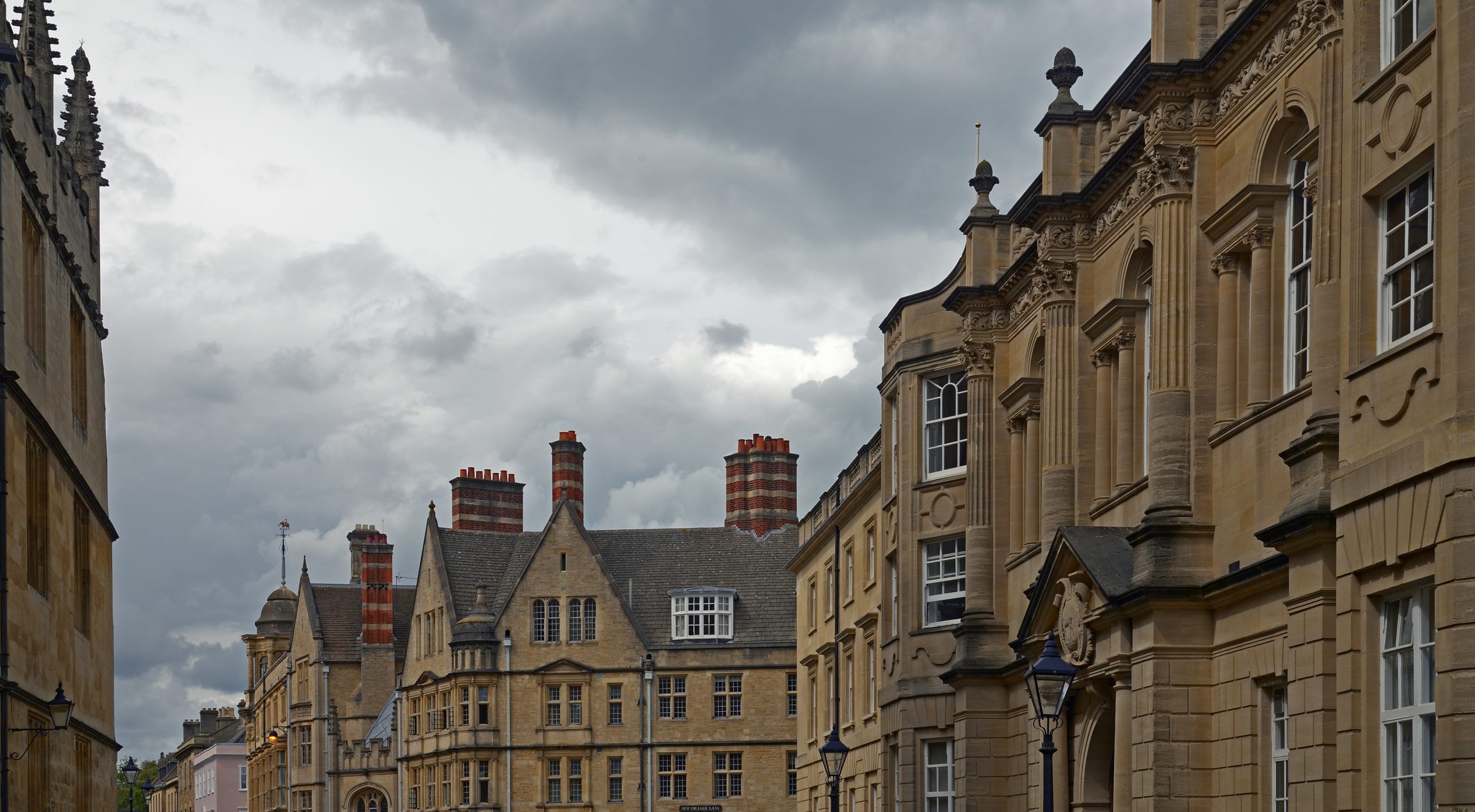In the bizarre times we are living in, it is easy to feel a little deflated. Monday’s decision to institute a lockdown has undoubtedly changed life for everyone, and the implications of the UK government’s new rules on almost every aspect of our society have yet to be seen. Nevertheless, initiatives aiming to make life a little easier offer a more positive outlook.
One area which raises significant concern is the closure of schools to all but the children of essential workers. A conversation with a primary school teacher working in Croydon illuminated quite how the lockdown is working in practice. Although many teachers have continued teaching for those students who are at home, either online or by sending packs of work home, the lack of school time for most children is undoubtedly a considerable change. Concern for the wellbeing and education of their students remains, but the marking of work and assessments is far less important than normal, with the priority being maintaining some level of normality and keeping life ticking along. The way schools are dealing with those in attendance varies from town to town, but mixed classes mean that the traditional curriculum is not being followed and schools are leaning towards less traditionally academic subjects like art and PE. It seems inevitable that there will be significant repercussions for primary education, but this will affect some students more than others.
Indeed, there will be enormous inequalities in how school closures and adjustments in education affect different students. For example, some parents will be putting less pressure on their children to complete schoolwork at home. Similarly, children who do not have access to a computer – or perhaps share one with siblings – will be at a major disadvantage where teachers are offering online tuition. It is difficult to predict how the dust will settle.
For Oxford student Jacob Kelly, concerns arose that the situation would only worsen existing disparities in education between young people who receive private tuition at home and those who do not. “Some students will lose all of their teaching hours for the foreseeable future whereas other will come from backgrounds that make private tuition an affordable option”, Kelly states.
In response, Kelly founded a project: ‘The Coronavirus Tutoring Initiative’. The initiative aims to “make sure that young people who wouldn’t traditionally have access to private tutoring don’t fall even further behind as a result of these closures”. Due to the financial pressure most parents will already be under, it is “important that this tuition is completely free”. The closing of UK schools was accompanied by the shutting down of most UK universities, which presented “an opportunity to connect the two groups in a mutually positive way”. Students who find themselves at a loose end at home have responded enthusiastically to the project: in just 24 hours, almost 2000 signed up to the initiative, and there are still three new sign ups every minute.
Insight from Lizzie Shelmerdine, the Environmental Programmes Manager for the Oxford Hub shed some light on how others are stepping up in response to the pandemic. “Oxford Together is Oxford Hub’s community response to Covid-19” and has encouraged an influx of volunteers to get involved via social media. Volunteers can opt to become “street champions” and to “coordinate local efforts on their street”, offering practical support to those confined to their homes – such as shopping for essentials, or to form phone links for isolated or vulnerable people.
Oxford Together is also “working with organisations across Oxford, including Oxford City Council…and local food banks” to “ensure everyone is able to access the food and supplies that they need during this difficult time”. So far over 4000 people have signed up to help out and the response can only be described as “heart-warming”. “People are loving being better-connected to their neighbours, meeting new people and making new friends”.
Oxford Together is dedicated to collaborative work with other community organisations and focuses on ensuring no groups are “doubling up on work or working counterproductively”. A great example is collaboration with the City Council to link up businesses such as LEON with food distribution organisations like SOFEA and the Oxford Food Bank. “This weekend, LEON made a huge donation of food to the Oxford Food Bank who will be redistributing the food to charities and community centres across Oxford”. Shelmerdine emphasises that “it is so important to uplift people at a time like this”.
As it stands, the consequences of this crisis for our society are impossible to gauge. But in place of any early conclusions, we can continue looking for good news among frightening headlines. There is far more than it first seems. Hearing about endeavours in Oxford and nationwide creates a sense of optimism that is hard to shake. When disaster strikes, we see thousands getting to work and an unshakeable focus on caring for the most vulnerable.

